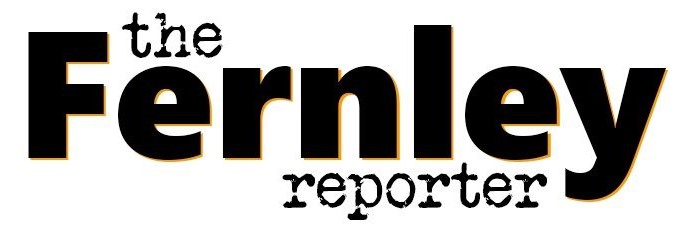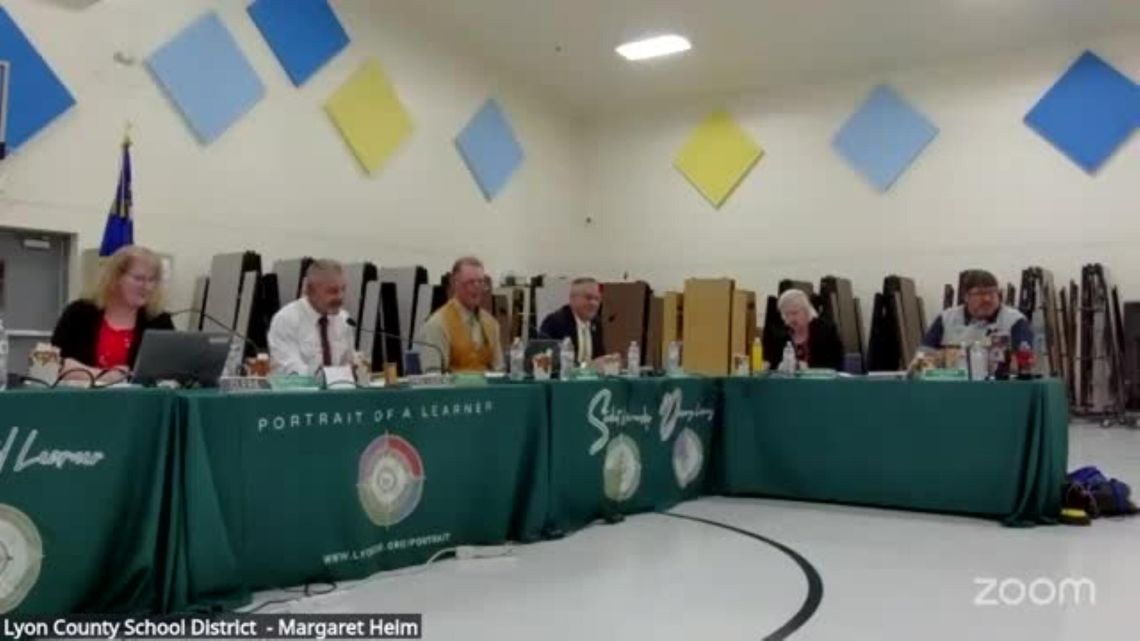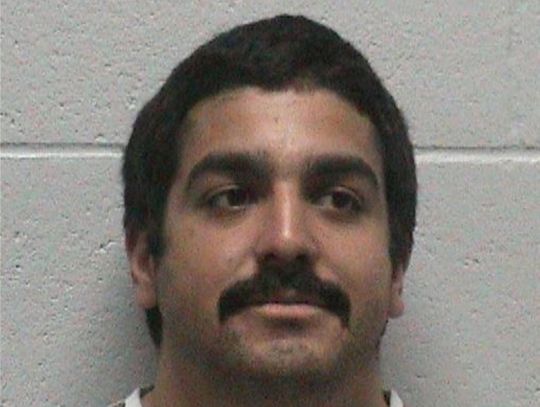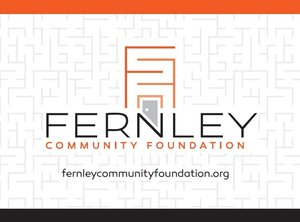A high percentage of Lyon County School District teachers rated as effective or highly effective
according to the state’s most recent annual performance review, but a review of the data by the
district’s Board of Trustees evolved into a question of whether the evaluation feedback is
effective.
According to the data from the Nevada Educator Performance Framework, 413 teachers in the
district were evaluated. Of those, 39.95 percent were rated effective and 46.17 rated highly
effective, a total of 86.12 percent. The district had 2.15 percent rated developing and none rated
ineffective, along with 11.72 percent who were exempt from the evaluation because they had
rated highly effective for two consecutive years.
“We feel in Lyon County we have really strong teachers, we have great evaluators, as our
administrators that are always seeking to provide our teachers with feedback,” said LCSD
Executive Director of Human Resources Billie Jo Hogan. “And I think the results proved that.”
The data was presented to the Trustees at their Oct. 28 meeting, but what jumped out to at least
one Trustee was that only half of the 122 teachers and administrators in the district who
responded to the state survey said the feedback in the report positively impacted student learning.
“More than half are saying, ‘Nah, this is basically worthless to us,’” Trustee Darin Farr said.
Hogan acknowledged that has been the case in the past as well, but said the district is trying to
use the tools to help teachers understand what good teaching practices look like and that the data
does help them.
“But some of them may think it really doesn’t,” she said. “Like, ‘I don’t need the evaluation tool,
and I’ll still be a great teacher.’”
Farr said the district needs to do a better job of advocating for itself.
“We’ve got to do something between the state and district where we meet in the middle and
we’re actually talking the same language when it comes to what performance is, what progress is
for students, that kind of thing,” he said.
Hogan said that’s what the NPEF aims to do.
“The NEPF is the common language throughout the state,” she said.
Hogan also said there would be the same concerns about any type of evaluation tool.
“You’re going to have those teachers that are going to be great regardless, and then you’re going
to have some of the teachers that really need that support and help you’re giving them to grow,”
she said.
Farr compared it to his time in the military.
“There’s the 30,000-foot view and there’s the boots on the ground view, and I trust the boots on
the ground view, which is our teachers and what they’re doing, more than I do some observer
who hasn’t spent time in a classroom in probably a decade,” he said.
Trustee Tom Hendrix asked that since the district is mandated to use the NPEF feedback as a
tool, how it can be made better.
But Hogan said it was created by the Teacher and Leaders Council, which was created by the
legislature in 2011 as part of an effort to establish a statewide performance evaluation system for
teachers and building-level administrators.
Ultimately, Hogan said learning to use the evaluation system is a work in progress and the
district administrators are trying to effectively deliver feedback to staff.
“But our teachers have been very good and very receptive and proving to be strong educators,”
she said.









Comment
Comments